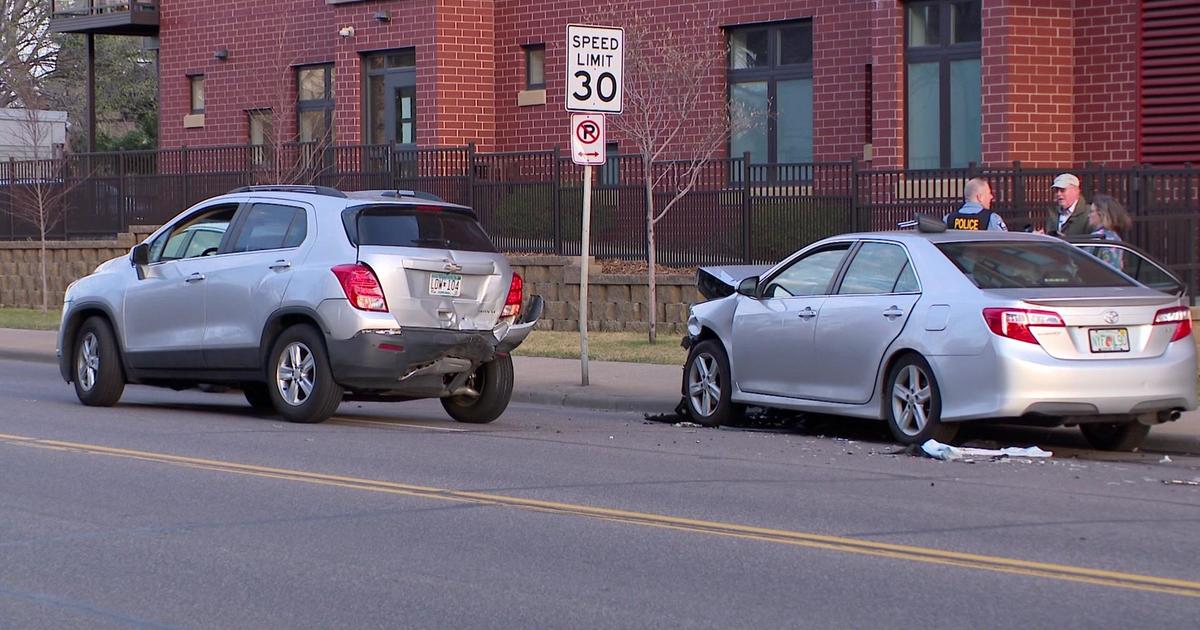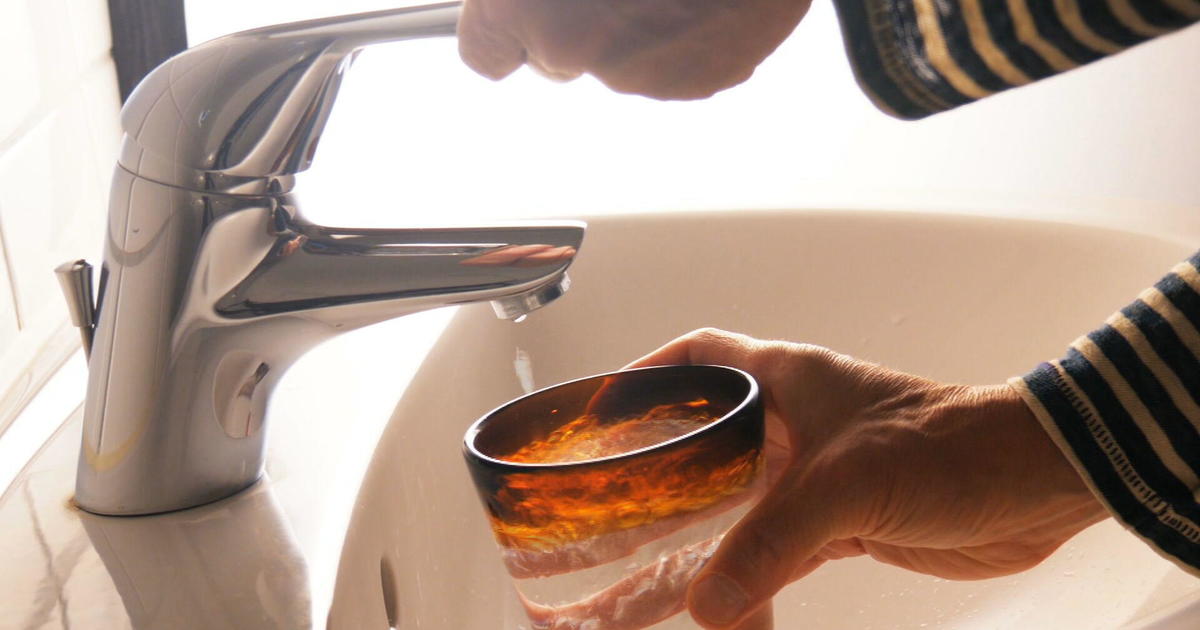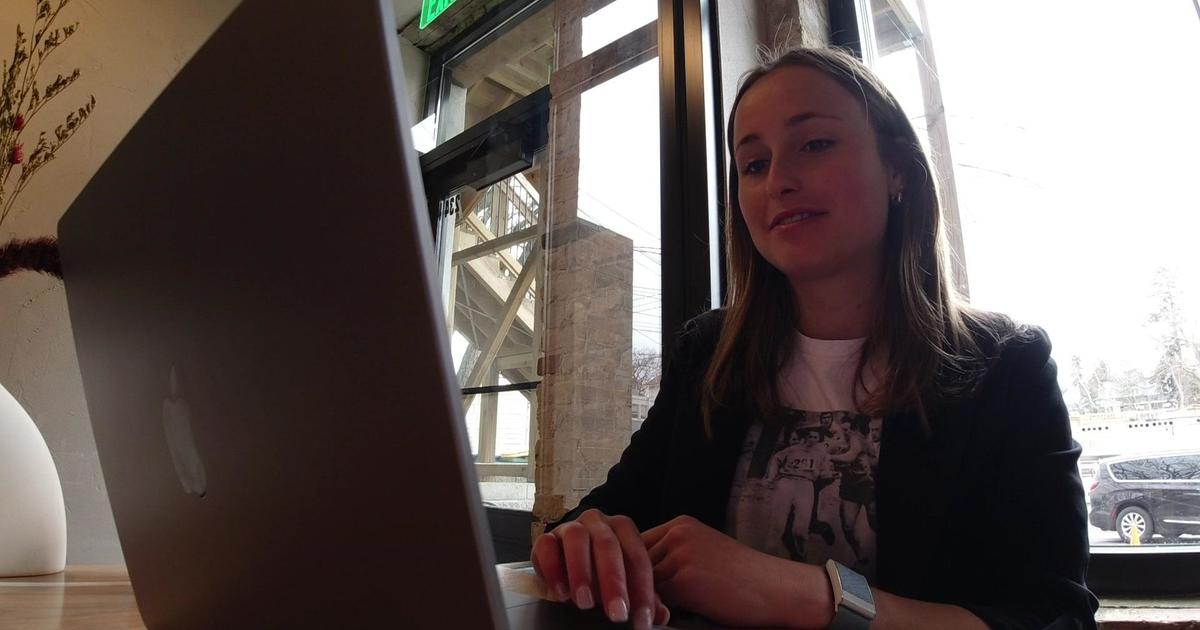New Minn. Education Commissioner Knows Struggle
MINNEAPOLIS (AP) -- When it comes to tackling Minnesota's persistent racial achievement gap among students, the state's new education chief may have no more luck than her predecessors. But it won't be because she doesn't understand the problem.
Brenda Cassellius, whom Gov. Mark Dayton made the first black woman tapped as education commissioner, grew up in a Minneapolis housing project and briefly dropped out of the University of Minnesota to have her first child on her own.
"I really grew up poor," Cassellius, 43, said. "My mother did not graduate from high school, but that did not mean she had any poverty of love."
Cassellius returned to the university to earn her bachelor's degree in 1989, then taught social studies in St. Paul before moving into administration jobs in St. Paul, Minneapolis and Memphis. She often worked to turn around struggling schools.
"I consider myself a role model for women not to quit, to keep on persevering," she said. "You can be who you want to be. You have to work hard, and yeah, you are going to be tired."
She'll need that work ethic and administrative savvy as she takes over a department that could get caught up in the debate over fixing the state's projected $6.2 billion budget deficit and a number of education reforms expected to come from new Republican majorities in the House and Senate. Education accounts for more than a third of state spending.
Republican Rep. Patrick Garofalo, chairman of the House Finance Committee, called Minnesota's education system a "target-rich environment" for reform. "We're going to change it from an adult-focused system to a kids-focused system," Garofalo said.
Tom Dooher, president of Education Minnesota, said he didn't know much about Cassellius before she took office. But he left a recent three-hour meeting with her hopeful for a change in tone from the past two terms of Republican Gov. Tim Pawlenty's administration.
"So much of the last eight years have been about attacking the teacher and attacking the school," he said. "We agreed that we need to ask the question, how do we make our schools better for the 21st century?"
Joann Knuth, executive director of the Minnesota Association of Secondary School Principals, said she has known Cassellius since the early 1990s, when Knuth was principal of Highland Park High School in St. Paul and Cassellius was just starting her career as an administrator in the district.
Knuth said even then, Cassellius struck her as a cut above. "She was willing to take risks and be innovative," she said. "She's very bright. She does her homework. She's the kind of individual to work 24/7 to get the job done."
Cassellius had been superintendent of the East Metro Integration District in Maplewood for about six months before Dayton chose her to lead the Education Department. During several years before that in districts in Minneapolis and Memphis, Cassellius said she was working to raise the scores of students she was once very much like.
"I think that when you are in that circumstance, sometimes the parents have other stresses on them," she said. "Sometimes they are not able to read with their kids, or they may be illiterate themselves. It's not that they don't care. I've never met a parent that didn't care about their kids deeply."
For years, students who are poor or members racial minorities have lagged well behind their white peers on standardized tests in Minnesota. For example, in Minnesota Comprehensive Assessments scores released last fall, 82 percent of white 10th-graders were proficient in reading, but for blacks it was only 45 percent.
That's why the public schools are crucial for those children, said Cassellius, who is now married with her second and third children -- 9 and 11 -- in the Minneapolis public schools. (Her first child graduates from college in a few months.) She can't control what happens to kids at home, but she said she can now have a say in helping those students for a few hours a day.
"As education commissioner it is my responsibility what happens those 6 1/2 hours when they are in our schools," she said.
That means doing all she can to make sure there's a good leader in the principal's office, a caring and competent teacher in the classroom and engaged students in the seats, Cassellius said. "If you get the alchemy of those three things together, boy, you'll see achievement rise," she said.
(© Copyright 2011 The Associated Press. All Rights Reserved. This material may not be published, broadcast, rewritten or redistributed.)



